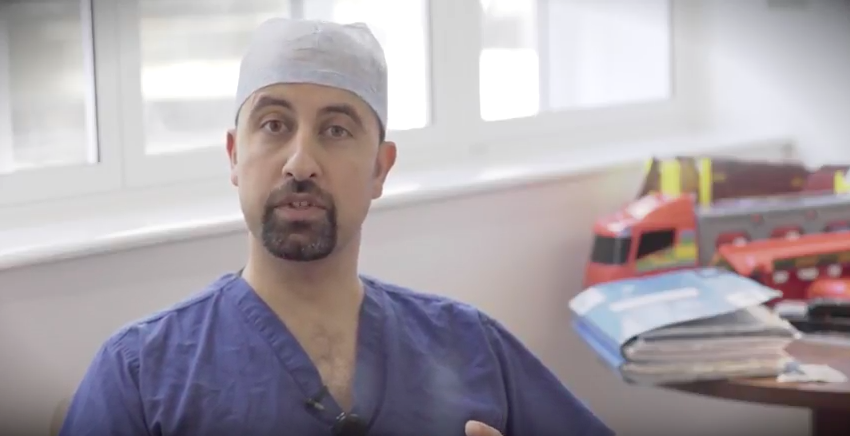
Neurosurgery

The Neurosurgical aspect of craniofacial conditions, require the services of a specialist Paediatric Neurosurgical Service. These conditions may be complicated by IntraCranial Pressure issues, Cerebrospinal Fluid circulations problems, Venous hypertension and problems at the Foramen Magnum such as Chiari Malformations.
These are rare conditions that can often be difficult to diagnose and managed by non-specialists, as the treatment strategies that may be appropriate in children that do not have craniofacial conditions do not necessarily prove effective to this section of patients.
At LCU, our Neurooncology services are based within the multidisciplinary team at Great Ormond Street Hospital, the largest of its kind in the UK. We have expertise in managing all paediatric brain tumours, as well as craniofacial tumours. These are rare tumours that often require multimodal treatment in the form of surgery coupled with adjuvant treatments such as chemo and radiotherapy.
Hydrocephalus is the most common condition managed by paediatric neurosurgeons. A number of treatment options are available including endoscopic procedures and a detailed understanding of cerebrospinal circulation problems is required to advise on and carry out the most optimal treatment plan. Managed inappropriately, infections and other complications can often result in the child requiring multiple surgical procedures with sub optimal results.
Selective dorsalrhizotomy SDR is a neurosurgical procedure, which involves dividing some of the dorsal nerve roots running from the legs to the spine. This procedure is effective at reducing lower limb spasticity permanently in children with cerebral palsy and spastic diplegia. We use the single level microsurgicaltechnique, as developed by Dr TS Park in St Louis. In carefully selected children, SDR leads to increased mobility, independence and improved quality of life.